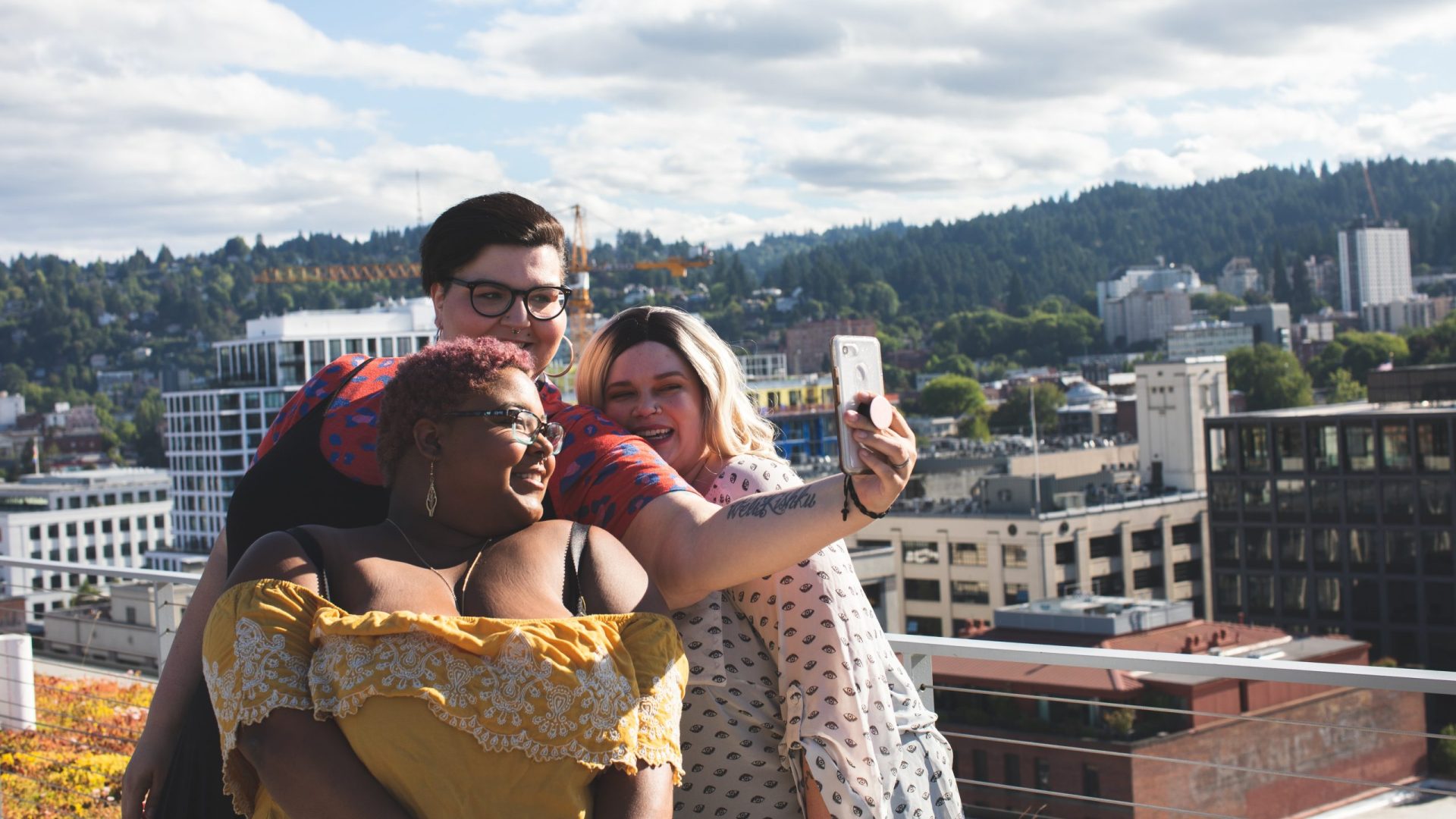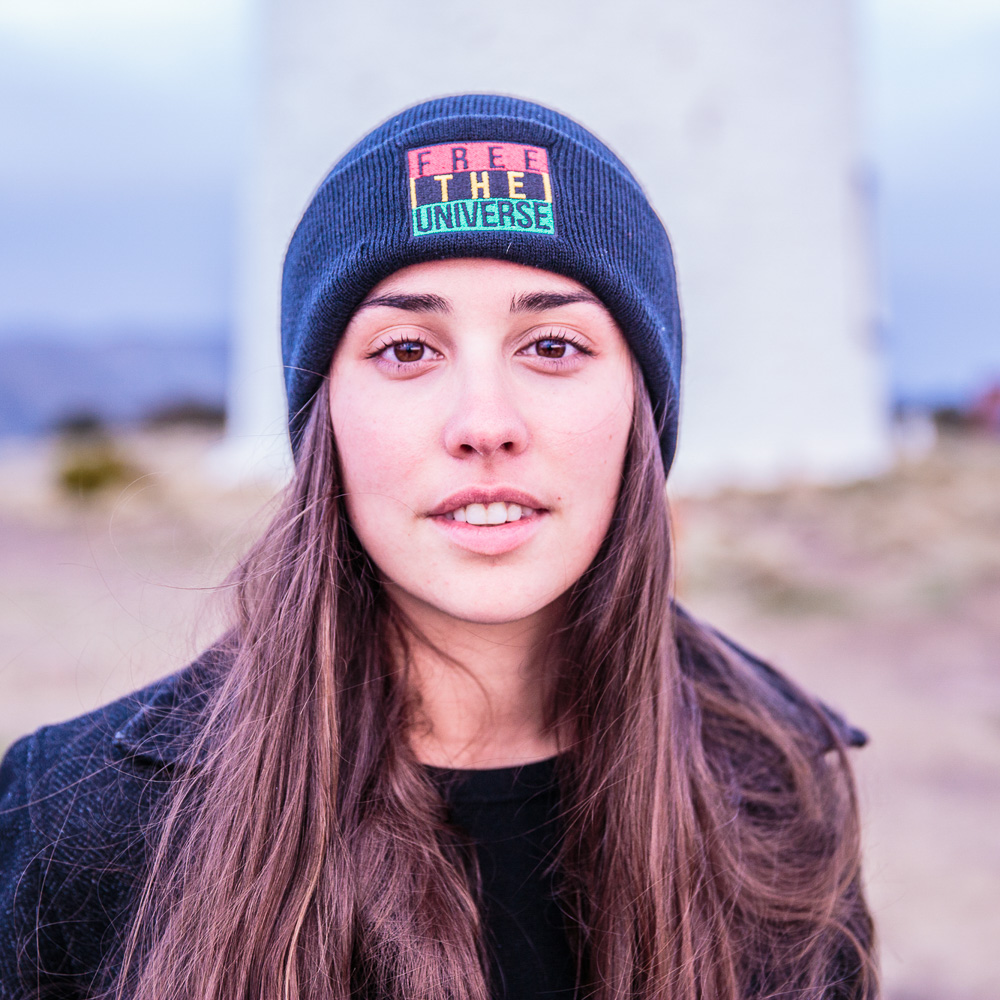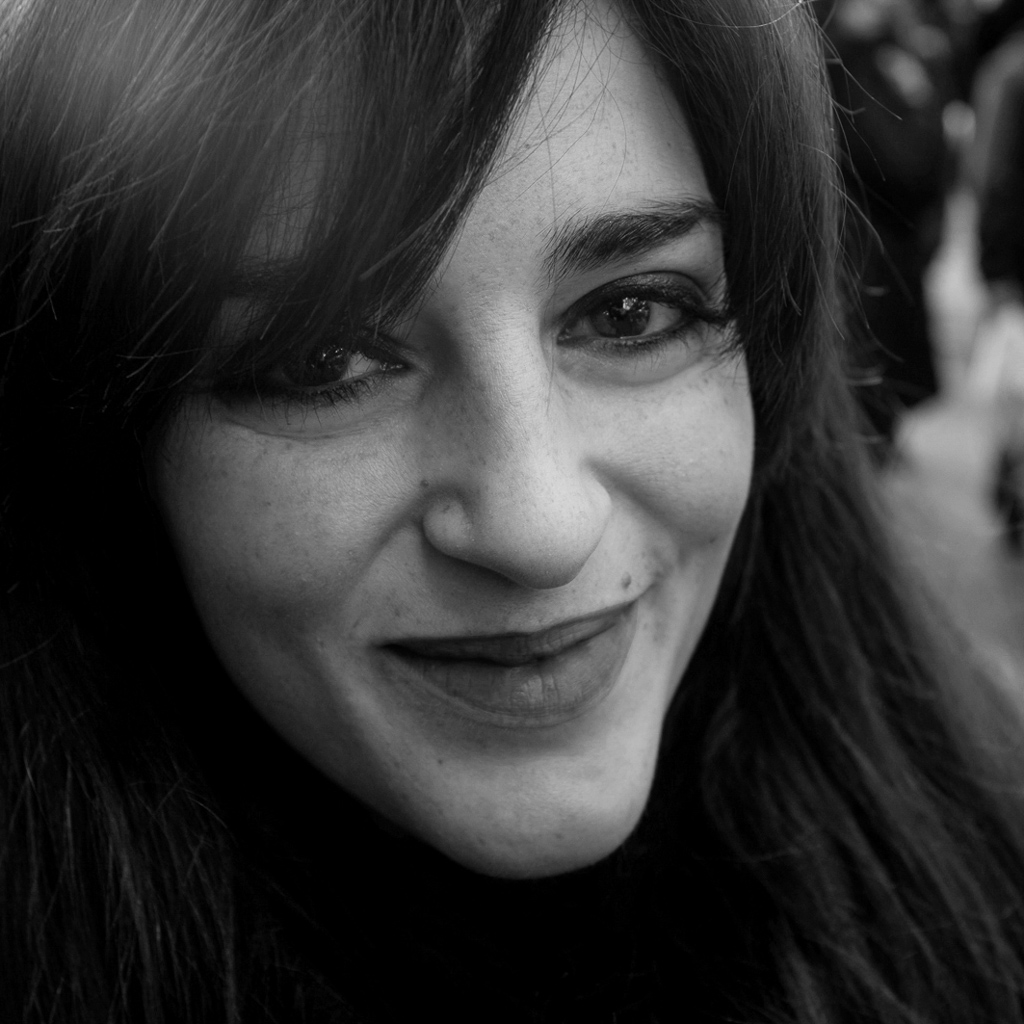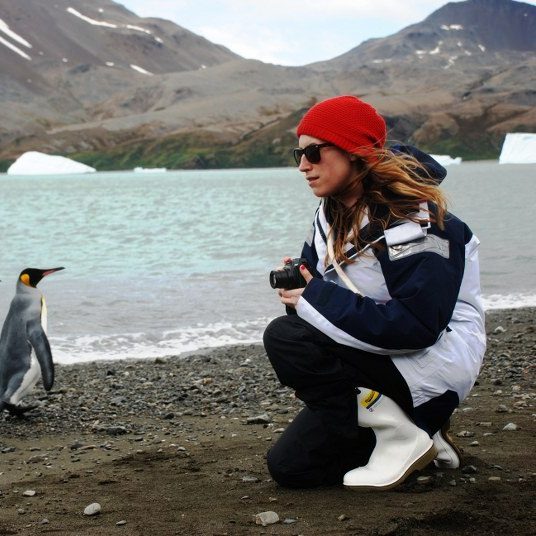
Vacation has often been synonymous with imbibing, conjuring up images of fruity drinks and wine tastings in villas. But younger generations are shaking things up, and—as the numbers show it—alcohol-free adventures are in.


Vacation has often been synonymous with imbibing, conjuring up images of fruity drinks and wine tastings in villas. But younger generations are shaking things up, and—as the numbers show it—alcohol-free adventures are in.
These days, nearly every bar worth its garnishes has a good list of mocktails on the menu. Regardless of whether you think they can justify charging just as much for zero proof as they would otherwise, the stats don’t lie: Young adults today are drinking far less alcohol than previous generations.
According to a Gallup poll released earlier this year, young adults in the US have become progressively less likely to use alcohol over the past two decades, with the percentages of 18- to 34-year-olds saying they never drink, that they drank in the past week and that they sometimes drink more than they should all lower today. In Japan, alcohol consumption fell from an annual average of 100 liters per person in 1995, to 75 liters per person in 2020, according to the country’s National Tax Agency (NTA). According to reporting from World Finance, alcohol sales in Scotland have fallen to their lowest level in 26 years, while in Italy, per capita alcohol consumption fell by 23 percent between 2006 and 2016. Even in Australia, drinking has fallen among all age groups, and is now at its lowest level since the early 1960s. Many experts believe the shift is due to changing attitudes towards alcohol and the health risks it poses.
Now, we’re seeing the shift away from drinking inspiring some changes for travel, too.
From booze-free cruises to dry hotels and entire holiday companies built around alcohol-free adventures, it’s getting easier—and more popular—to book an alternative vacation that doesn’t just nix drinking, but replaces it with something more health-conscious.
“We start earlier and probably see more than most groups,” Darci Murray, of alcohol-free operator Hooked, told The Globe and Mail in a recent story about a trip to Italy. The journalist, Charlene Rooke, is a drinks editor and wrote that she changed her own behavior on the trip.
“During a few free hours in Pisa, when I might normally park myself at a café with a carafe of rosato, instead I walk and walk, seeing the pretty collegiate city beyond its famous tower and tacky tourist district,” she wrote. “Daily itineraries offer sensory bombs of opportunity to smell, taste, hear and touch things most travelers wouldn’t access.”
She was “emboldened” by the environment to try things she normally would not do “without the crutch of a cool glass of vermentino or a cold Peroni to smooth any discomfort.”
While some people who want to avoid alcohol may be recovering from alcohol use disorder, a low- to no-drinking lifestyle is simply more appealing to the younger generations. Additional research has shown that overall, Gen Z is drinking 20 percent less than millennials, and millennials drink 20 percent less than the generation before them.
It seems that younger people are just more health-conscious, full stop. More than half of young people now believe that moderate drinking is unhealthy, according to Gallup, compared to 34 percent just five years ago—a significant shift.
While moderate drinkers likely won’t experience that much of a health boon by giving up alcohol for the span of a short vacation, a 30-day break for heavy drinkers can have seriously good health implications.
They “might notice more pronounced physiologic effects, such as more mental clarity, better sleep, weight loss, and feeling the ‘detox’ sensation, in addition to achieving a set goal,” Dr. Rekha B. Kumar, medical director of the American Board of Obesity Medicine, told Healthline.
The trend will likely continue, and mocktails will get even more creative (read: pricey) over the next few years: The market for non-alcoholic beverages is expected to balloon to USD$30 billion by 2025. Does this mean we’ll see alternatives to winery tours and dinner pairings at our favorite destinations and local spots? Time will tell, but we have a hunch that as demand continues to rise for healthier options, the chance is that they will come.
***
Adventure.com strives to be a low-emissions publication, and we are working to reduce our carbon emissions where possible. Emissions generated by the movements of our staff and contributors are carbon offset through our parent company, Intrepid. You can visit our sustainability page and read our Contributor Impact Guidelines for more information. While we take our commitment to people and planet seriously, we acknowledge that we still have plenty of work to do, and we welcome all feedback and suggestions from our readers. You can contact us anytime at hello@adventure.com. Please allow up to one week for a response.

Kassondra Cloos is a travel journalist from Rhode Island living in London, and Adventure.com's news and gear writer. Her work focuses on slow travel, urban outdoor spaces and human-powered adventure. She has written about kayaking across Scotland, dog sledding in Sweden and road tripping around Mexico. Her latest work appears in The Guardian, Backpacker and Outside, and she is currently section-hiking the 2,795-mile England Coast Path.





Can't find what you're looking for? Try using these tags: